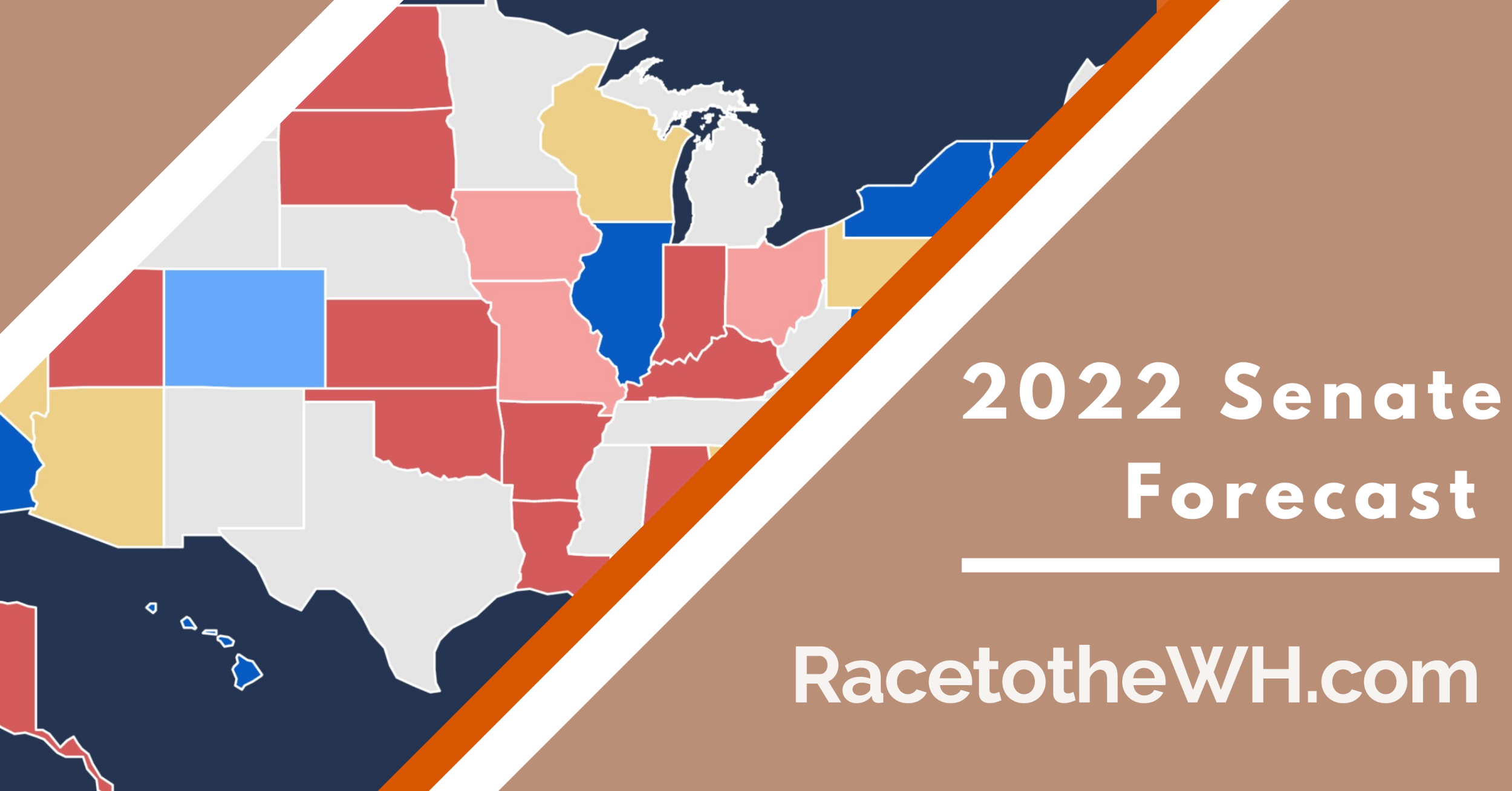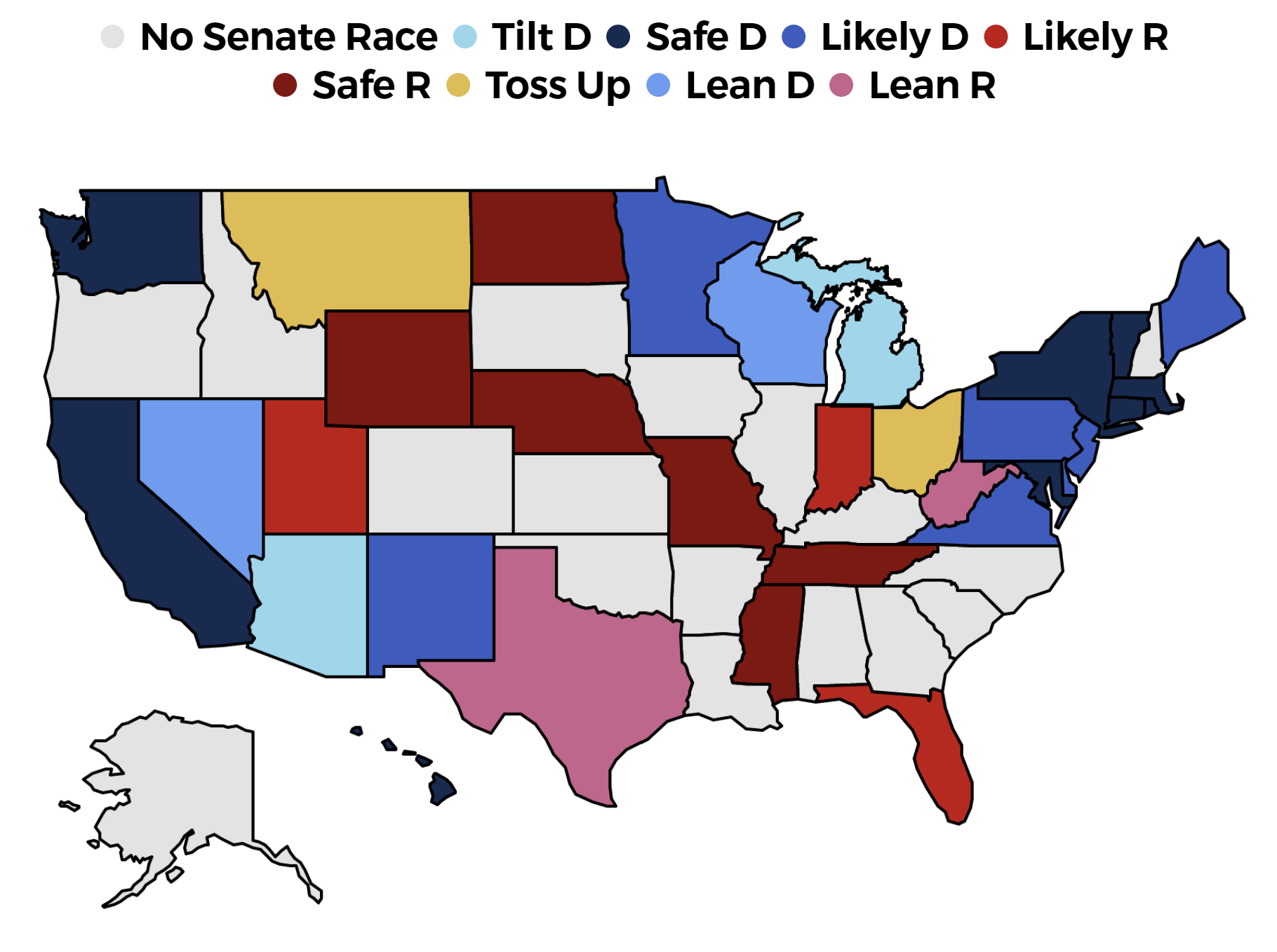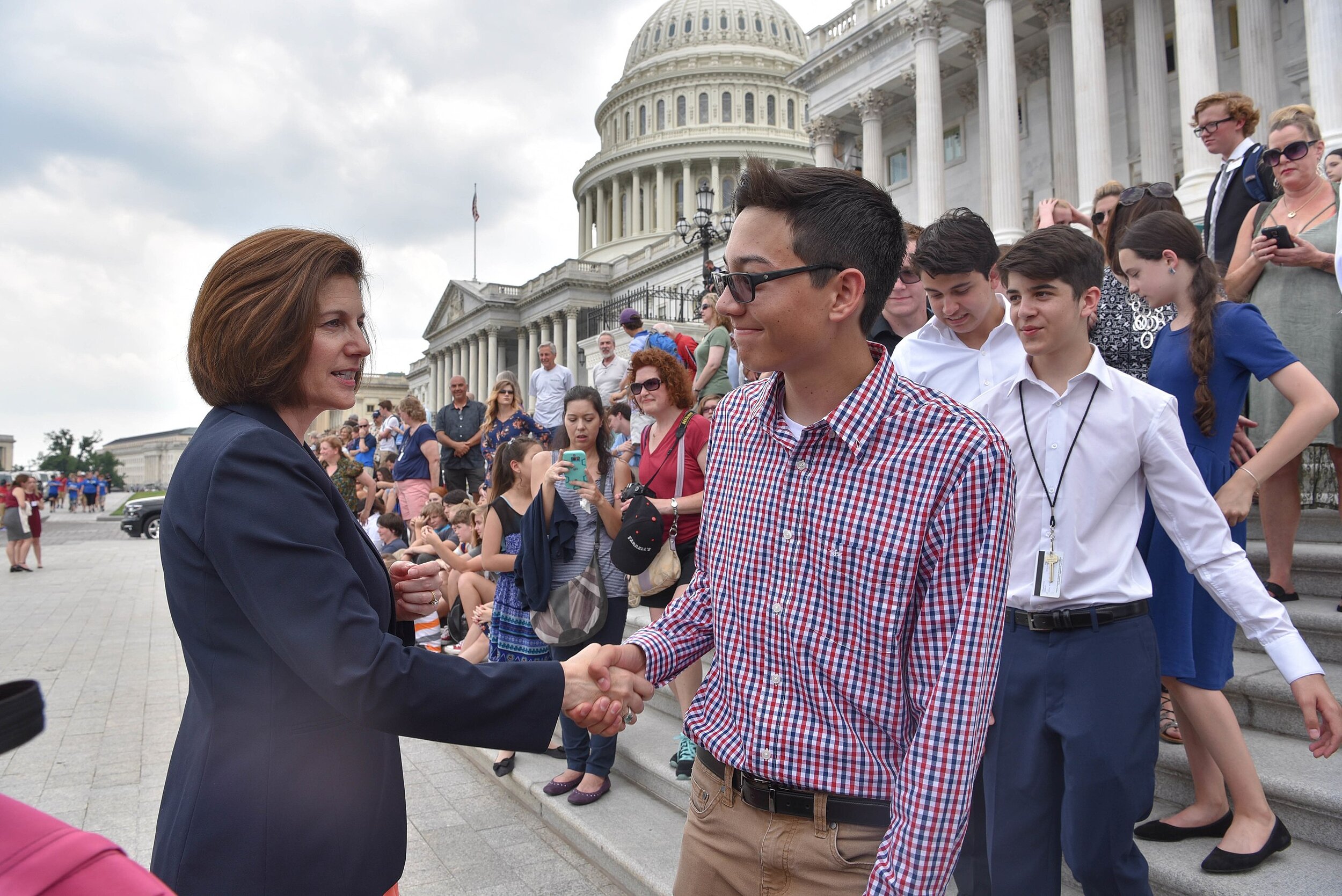Democrats Resurgence in Georgia has Been Powered by Black Women
By: Blake Osborne
Program Director for the Joseph and Evelyn Lowery Institute for Justice and Human Rights
Date: September 27th, 2021
Georgia shocked the political world in the early days of last November when the Peach state flipped to President Joe Biden by the slim margin of just 11,779 votes. As if to prove it wasn’t a fluke, voters repeated the trick – twice – in the January runoff when it sent both its Republican Senators home and secured a Senate majority for the Democratic party. Alone, any of these three election victories would have been a history-making moment but combined they represent a landmark shift in a state that last voted for a Democrat in a major statewide election in 2000.
But was this really unforeseeable? Election experts have frequently referred to Georgia as a “purple state.” Then Democratic-candidate Barack Obama targeted Georgia as a potential state that could be flipped in both 2008 and 2012, and Hilary Clinton was eyeing the Peach state as a potential flip in her failed presidential run in 2016. Democratic strategists have often pointed to the states growing urban and minority populations as causes for optimism for winning the state.
However, neither President Obama nor Secretary Clinton won more than 46% of the vote in the state. While many in the Democratic party had ‘Georgia on their minds’, the voters, apparently, were thinking of other things. So, what changed by 2020? And which surprising outcome in all of these surprising outcomes in 2020 is the shock that might explain how we got where we are today?
My answer may surprise you, unless you have been paying close attention to elections in Georgia. The answer to the question is black women. Or to be more direct, a black woman. And no, it is probably not the one you are thinking of. Allow me to introduce you to Lucy McBath, the Congresswoman who represents Georgia’s 6th district. The sixth district of Georgia is located in the Northern Suburbs of Atlanta, and it was such a Republican stronghold that no Republican since 2000 had won with less than 61.7% of the vote in a regularly scheduled election.
RacetotheWH 2022 Senate Forecast
In 2020, our Election Forecast was one of the most accurate in the nation, anticipating Democratic victories in Georgia for the Senate and Presidential elections even in September. The 2022 Senate Forecast is now live, and projects the result for every state, and both parties chances at winning a majority. Updated daily.
Then came Lucy McBath. Like far too many mothers and fathers across the country, McBath’s life had been touched by tragedy when her son was gunned down for having the audacity to play loud music at a gas station. She turned her tragedy into action, working with the families of Parkland shooting victims and with Moms Demand Action for Gun Sense in America, before deciding the best way she could make a difference was to run for Congress.
McBath took on Congresswoman Handel in 2018, and she won by 0.5% or about 3,000 votes. Many viewed her victory in 2018 as a ‘fluke’, courtesy of either the 2018 blue tidal wave. In 2020, she put those doubts to rest when she once again defeated Handel, this time by almost ten percent. How did McBath flip a reliably Republican district? She focused on turnout, with a conscious effort specifically focused on black women voters. McBath was able to connect directly with women voters, especially women of color, through her messaging about gun safety laws and her connection to tragedy.
McBath's ability to mobilize new voters into the electorate proved to be the difference-maker compared to Democrat's near-miss in the 2017 special election. That year, future Senator Jon Ossof lost by just 3.6% after successfully winning over white college-educated suburban voters that were fed up with President Trump. McBath's strength with black women helped her turnout 160,000 thousand voters, and smash the previous turnout record of the millennium by over 50%.
In hindsight, it looks like Jon Ossoff was taking notes. In 2020, he leaned into the issues he was most passionate, and put his championship for voting rights front and center in his campaign, successfully winning the January special election on a victory underpinned by enormous turnout by black voters.
Virginia Governor Forecast
We are in the final stretch for the Virginia Governor election, and Democrats are looking to follow up the California Recall with a victory in Virginia. They’ll have a much more hotly contested battle in a state that only slightly leans in the direction of Democrats. Our Governor forecast is updated daily with the latest polls, and features interactive graphics and maps showing the state of the race.
Women currently represent the largest voting bloc in the United States and women of color represent the fastest-growing segment of that group. With over 15 million eligible voters nationwide, black women represent the largest share of vote-eligible women-of-color, almost 43%. In Georgia, the impact of black women voters cannot be trivialized, and they have become the dominant force in the Georgia Democratic Party. How dominant? Exit polls indicated that in her losing bid in 2016, Hilary Clinton received 94% of the vote from black women in GA, more than any candidate received from any other group. In 2020, President Biden received 92% of the vote of black women.
Black women are the dominant political force in Georgia, and if recent trends have taught us anything, they will remain so for the distant future. The re-election of Rep. Lucy McBath and the continued popularity and success of Stacey Abrams tell us that black women have tremendous power and reach in electoral politics. While we continue to ponder the lessons learned from 2020… perhaps we should acknowledge that the answer has been in front of our faces this whole time. Georgia has been on the mind of political strategists for the Democratic Party in Georgia for a long time. Thankfully, it has been on the mind of black women for even longer.
Joe Biden’s Approval
Track Biden’s popularity, both nationally, and in every state. Updated after every new poll
































